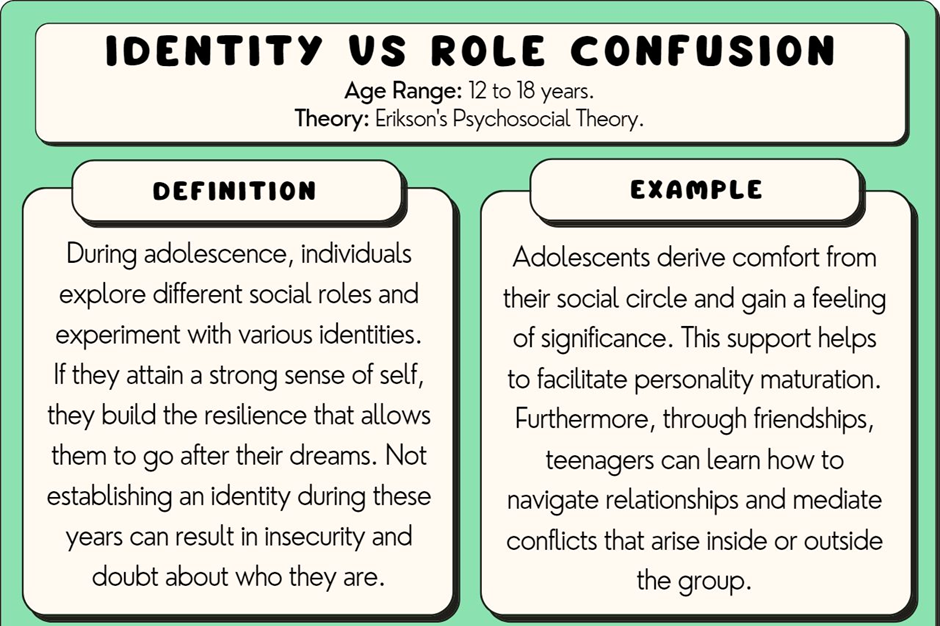Which cause is responsible for a patient reacting to the nurse by saying, "You are indifferent and cold, just like my mother"?
Overidentification
overinvolvement
Countertransference
Transference
The Correct Answer is D
Choice A Reason:
Overidentification is correct. Overidentification refers to a therapist or nurse identifying too closely with the patient, making it difficult to maintain professional boundaries.
Choice B Reason:
Overinvolvement is incorrect. Overinvolvement occurs when a therapist or nurse becomes excessively involved in a patient's life, potentially blurring professional boundaries.
Choice C Reason:
Countertransference is incorrect. Countertransference involves the emotional reactions that the therapist or nurse may have in response to the patient's transference. It reflects the therapist or nurse's unresolved issues and emotional responses triggered by the patient.
Choice D Reason:
Transference is incorrect. Transference occurs when a patient unconsciously projects feelings and attitudes from past relationships onto the nurse or therapist. In this case, the patient is attributing characteristics of being indifferent and cold to the nurse, similar to how they perceive their mother. This phenomenon is a form of unconscious redirection of emotions or attitudes.
Nursing Test Bank
Naxlex Comprehensive Predictor Exams
Related Questions
Correct Answer is D
Explanation
Choice A Reason:
"I’m so sad and I feel I haven't accomplished much in my life." This statement may relate more to feelings of despair and a sense of unfulfilled purpose, which could be associated with Erikson's stage of Integrity vs. Despair (late adulthood).
Choice B Reason:
"I’m so anxious, can't seem to trust anyone. “This statement may indicate difficulties with trust and may be more aligned with Erikson's stage of Trust vs. Mistrust (infancy).
Choice C Reason:
"I'm so tired after work that I just want to watch TV and be alone. “This statement may reflect fatigue or a desire for solitude and may not directly represent the identity development struggles associated with Erikson's Identity vs. Role Confusion stage.
Choice D Reason:
"I'm so confused about what my goals are.” Erikson's phase of Identity vs. Role Confusion occurs during adolescence, and individuals in this stage are exploring and forming their own identity. The statement "I'm so confused about what my goals are" suggests a struggle with establishing a clear sense of identity and future direction, which is characteristic of the challenges faced during this developmental stage.

Correct Answer is D
Explanation
Choice A Reason:
"Your provider usually recommends a diaphragm and spermicidal cream." This response prescribes a specific method without considering the client's preferences, health history, or individual needs. It's important to involve the client in the decision-making process and discuss various contraceptive options.
Choice B Reason:
"It's your choice, of course, but birth control pills are the most reliable." This response might pressure the client toward a specific method and may not consider other factors such as the client's preference, medical history, or potential side effects. It's essential to provide information and support rather than directing the client to a particular choice.
Choice C Reason:
"I’d consider an intrauterine device. You won't have to worry about pregnancy. “Similar to the first option, this response recommends a specific method without a thorough discussion of the client's preferences, health considerations, or individual needs. It's important to explore various options collaboratively with the client.
Choice D Reason:
"Let's talk about the available options and go from there. “This response is patient-centered and encourages collaborative decision-making. It allows the nurse to discuss various contraceptive methods, considering the client's preferences, health history, and individual needs. It supports shared decision-making between the nurse and the client.
Whether you are a student looking to ace your exams or a practicing nurse seeking to enhance your expertise , our nursing education contents will empower you with the confidence and competence to make a difference in the lives of patients and become a respected leader in the healthcare field.
Visit Naxlex, invest in your future and unlock endless possibilities with our unparalleled nursing education contents today
Report Wrong Answer on the Current Question
Do you disagree with the answer? If yes, what is your expected answer? Explain.
Kindly be descriptive with the issue you are facing.
